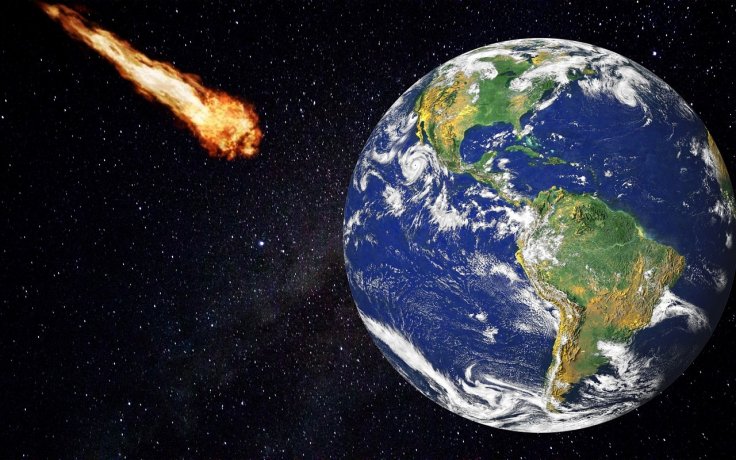
Around 65 million years ago, a giant doomsday asteroid smashed into the earth in its full fury, and it resulted in the extinction of dinosaurs. Since then, several asteroids both big and small had whiz past earth, but such a giant impact that killed dinosaurs has never happened. However, several space experts believe that doomsday asteroid hits could happen in the future, and if such an impact happens, it could question the existence of human beings on earth.
Will a doomsday asteroid hit the earth?
As fears surrounding a possible asteroid hit in the future loom up, space agencies like NASA and ESA are busy tracking near-earth objects that could one day pose a threat to the existence of life on the blue planet. As of now, NASA, the United States space agency has spotted more than 21,000 asteroids which can be classified as near-earth objects. In this long list, more than 2,000 space rocks are potentially hazardous which means they have orbits within 4.5 million miles away from earth.
Initial analysis conducted by NASA reveals that none of these 2,000 asteroids pose a threat to humanity, at least for the next hundred years. However, it should be noted that scientists have identified only 40 percent of near-earth objects, and this factor clearly indicates that some dangerous rogue bodies might be roaming in the deep nooks of the space.
There are several instances where NASA had spotted potentially dangerous asteroids in the last minute of their close flyby, and if it happens with potentially hazardous asteroids, it could sometimes turn fatal. In 2013, a similar asteroid that went undetected exploded 14 miles above in Chelyabinsk, Russia. The mid-air explosion unleashed 30 times more energy than the nuclear bombs that were dropped in Hiroshima. Experts believe that such mid-air explosions will happen once every 60 years.
Is NASA's planetary defense weapon effective?
In order to combat the threats posed by dangerous asteroids, NASA, in collaboration with private space companies like SpaceX led by Elon Musk is developing a planetary defense weapon. This weapon aims to change the trajectory of an approaching asteroid so that it will whiz past earth safely.
However, several space experts believe that this technique of changing the trajectory will not work with giant asteroids. As per these experts, nuking will be the best option to protect the earth from giant asteroids. However, using a nuclear weapon at the last minute could result in radioactive rain pouring down to the surface of the earth which will threaten life on the planet.
Natalie Starkey, a space scientist, in her book 'Catching Stardust' reveals that a pre-emptive nuclear strike could be the best option to avoid radioactive rain. As per Starkey, humans should blow up asteroids on one of its prior close-earth visits, and it could help us to combat future threats. Will it pre-occupy space agencies in the near future?









